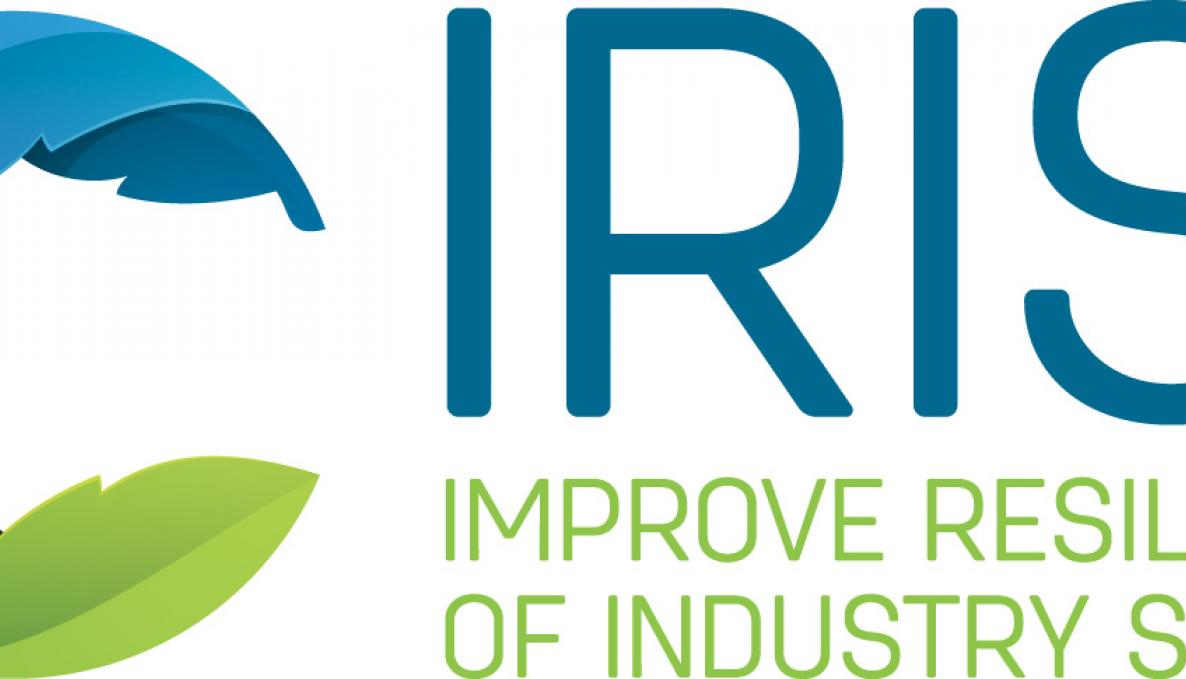climate change: ADAptation, local interventions or social exclusion? SANT’ANNA school provide measures to improve business resilience through the LIFE IRIS project

In 2018, severity of extreme weather events caused widespread displacement and disruption to many businesses in Italian regions such as Liguria, Trentino-Alto Adige, Veneto, Friuli, Sicilia and Sardegna. Heatwaves, heat damage, wind, intense rainfall and water flooding caused damage to products, assets and had implications for the population.
Researchers at Sant’Anna School enable enterprises to assess their vulnerability to climate change, reduce their risk and improve business resilience. Through identifying and implementing plans and adaptation measures, clients can increase sustainability and reduce the socio-economic differences in the community.
Carlsberg Italia, CAP Consorzio Attività Produttive Aree e Servizi di Modena, and the SIPRO Agenzia per lo sviluppo di Ferrara, put in place adaptation plans to respond to climate threats. Their cluster approach-based management focuses on a specific ecosystem monitoring and evaluating the adaptation actions. Inclusion of financial tools aimed to reward resilient enterprises, science-based knowledge, and monitoring are important elements of the EC funded LIFE IRIS - Improve Resilience of Industry Sector project developed for retail, supply chain, private sector, government and different stakeholders.
The EC funded LIFE IRIS project allows free access to web-based CAST (Climate Adaptation Support Tool) which addresses the climate adaptation implementation. The CAST tool identifies 5 extreme weather events, 8 categories for climate change impacts and 43 factors for climate sensitivity planning at the sectoral/regional level and the timing of adaptation activities.



